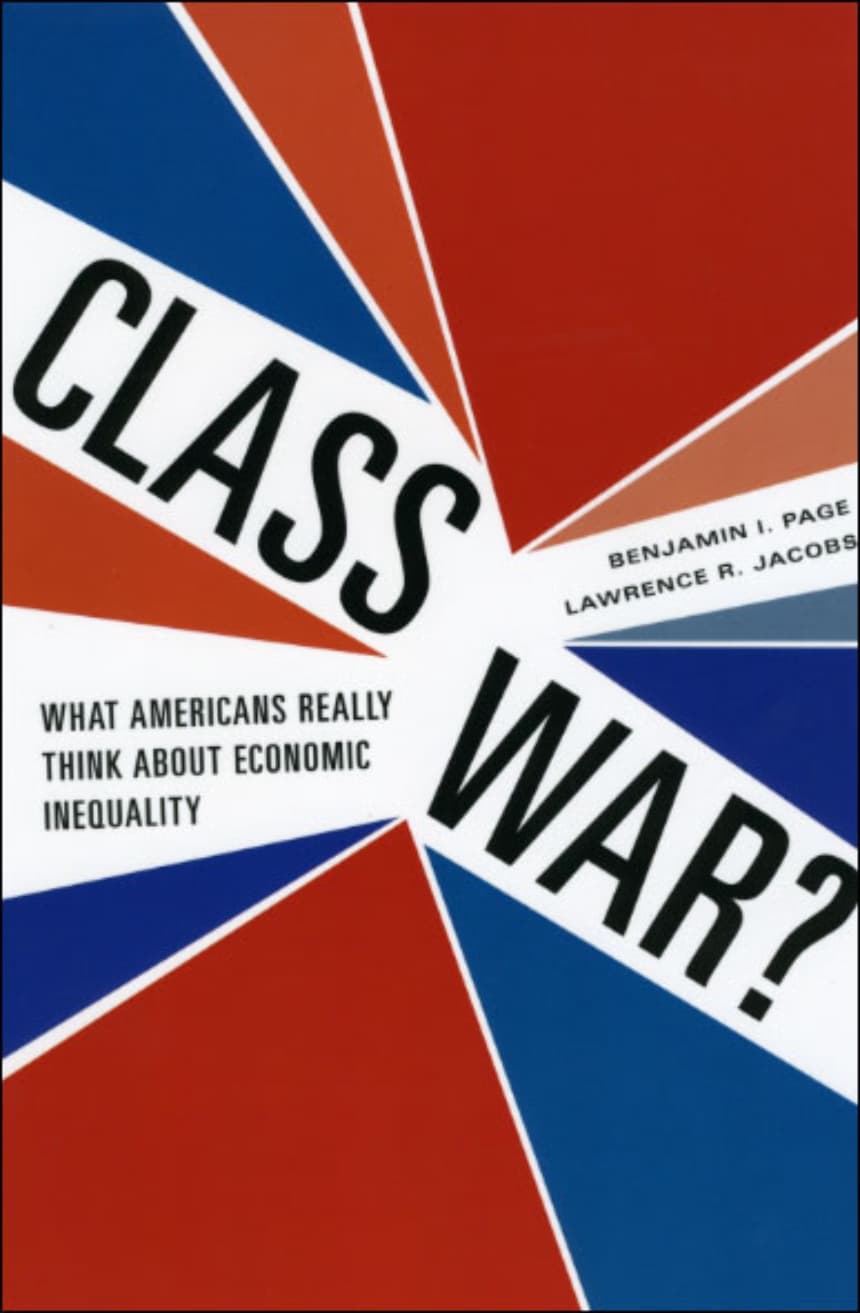Richest 1% Garner Nearly Two-Thirds of New Wealth Amid Shifting Societal Polarization Discourse

A recent social media post by user "spor" has ignited discussion by declaring a personal shift from "party warfare and race warfare" to "class warfare," specifically "on the side of the rich." This sentiment reflects a growing discourse on societal polarization and economic disparity, highlighting a perceived re-prioritization of class-based issues over other forms of identity-based conflict. The tweet stated, > "i'm so done with party warfare and race warfare and all the other kinds of polarization i'm going back to class warfare - on the side of the rich."
The concept of "class warfare" is deeply rooted in American political history, often invoked to describe the struggle between economic strata. Prominent figures, including billionaire investor Warren Buffett, have previously acknowledged its existence, with Buffett famously stating in 2006, "There’s class warfare all right, but it’s my class, the rich class, that’s making war, and we’re winning." This historical context underscores the enduring nature of economic divisions in public consciousness.
Recent data provides a stark backdrop to such discussions. According to a 2023 Oxfam report titled "Survival of the Richest," the wealthiest 1% of the world's population captured nearly two-thirds of all new wealth created since 2020. This amounts to $26 trillion for the super-rich, a figure almost double the $16 trillion accumulated by the remaining 99% of the global population. This rapid concentration of wealth further exacerbates existing economic disparities.
Research suggests a complex, bidirectional relationship between economic inequality and political polarization. Deep economic disparities can fuel resentment among different income groups, potentially leading to support for populist movements that emphasize divisive rhetoric. Within progressive movements, there is an ongoing debate regarding the emphasis on identity politics versus class politics, with some arguing that a focus on identity can sometimes obscure underlying economic divisions.
The tweet by "spor" appears to align with the perspective advocating for a renewed focus on class as a primary driver of societal issues. This shift in public sentiment, whether personal or broadly reflective, suggests a growing recognition of economic stratification as a central challenge. As discussions around wealth distribution and social justice continue, the emphasis on class dynamics is likely to remain a significant aspect of the broader conversation on polarization.